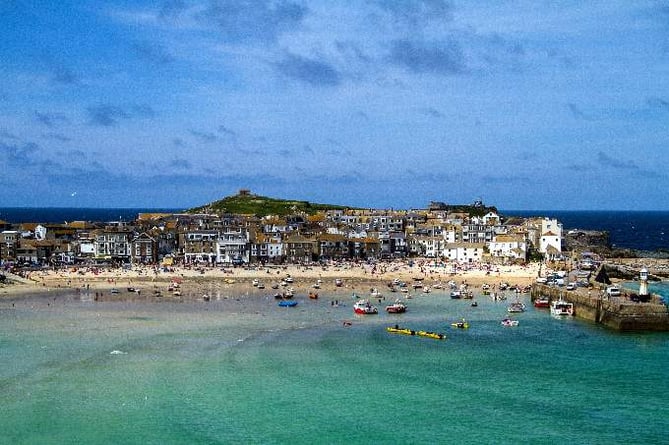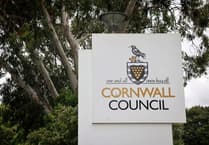SECOND home owners who claim business rates relief and avoid paying council tax will have to provide evidence that they have been let out under new government rules.
Michael Gove, Secretary of State for levelling up, has announced new moves which will aim to close the loophole which has allowed some second homeowners avoid paying tax.
There are currently thousands of second homes and holiday homes in Cornwall and the Isles of Scilly.
Whilst many second homeowners pay council tax, some are believed to have claimed that their properties are holiday lets and claimed business rates relief to avoid paying any taxes.
It has also been claimed that some holiday home owners who are registered as businesses continue to use council services such as rubbish and recycling collections without contributing to them.
Under the changes second homeowners will have to provide hard evidence that their property is let out to holidaymakers in order to qualify for business rates.
However, while the latest rule change will prevent those second homeowners who pretend their homes are holiday lets from avoiding tax, it will not help to ensure that holiday let owners are paying towards local services.
If a property owner can prove that their property has been let for at least 70 days a year and has a rateable value of less than £12,000, they can still qualify for business rates relief and avoid paying council tax.
Previously, second home owners only had to indicate that they intended to let the property to holidaymakers to qualify for business rates but under the new rules they will have to prove that they have been rented out by giving details of a website or brochure where the property is advertised, letting details and receipts.
Property owners will have to prove that the property was rented out for 70 days a year and that it was available to rent for 140 days a year.
The Department for Levelling up, Housing and Communities claimed that the change would prevent people from taking advantage of the system.
Mr Gove said: “The Government backs small businesses, including responsible short-term letting, which attracts tourists and brings significant investment to local communities.
“However, we will not stand by and allow people in privileged positions to abuse the system by unfairly claiming tax relief and leaving local people counting the cost.
“The action we are taking will create a fairer system, ensuring that second homeowners are contributing their share to the local services they benefit from.”
Kurt Jansen, director of the Tourism Alliance, said: “Establishing these new operational thresholds for self-catering businesses is welcomed by the tourism industry as it makes a very important distinction between commercial self-catering businesses that provide revenue and employment for local communities and holiday homes which lie vacant for most of the year.
“It is recognition that tourism is the lifeblood of many small towns and villages, maintaining the viability of local shops, pubs and attractions.”
Cornwall Council is currently asking the Government, as part of its bid for further devolution, to be able to charge an additional council tax charge on second homeowners to try and raise more money to provide council services.




